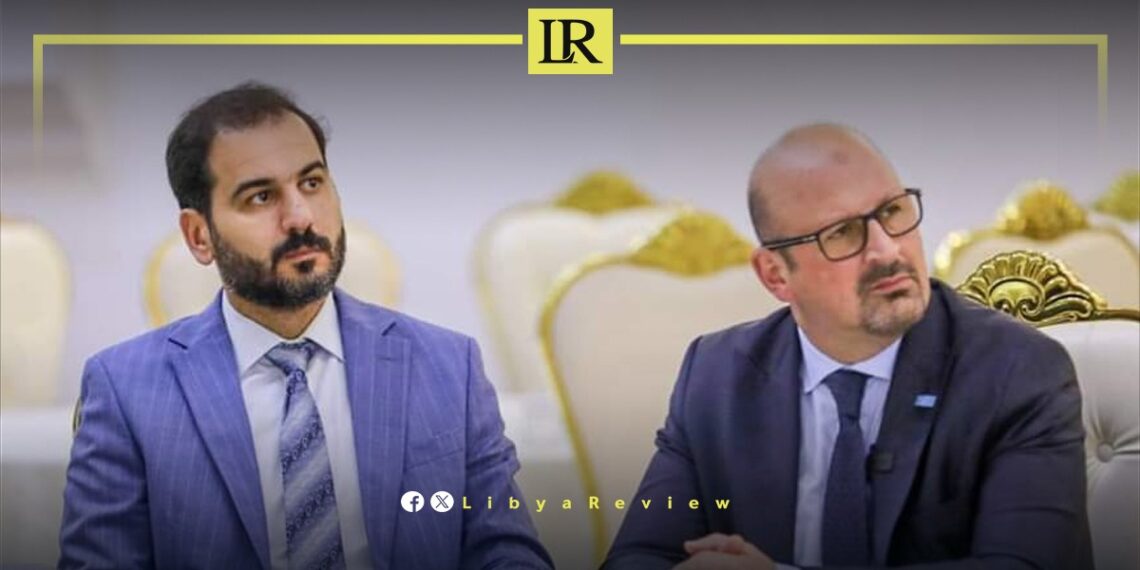Dr. Haider Al-Sayah, Director General of the National Center for Disease Control, announced today, Wednesday, the holding of a workshop in collaboration with the World Health Organization (WHO) to develop a national strategy aimed at combating non-communicable diseases (NCDs) in Libya.
According to a statement from the WHO office in Libya on its Facebook page, the workshop also involves the Ministry of Health in the Government of National Unity. This event is part of the WHO’s efforts to enhance health across various age groups.
In his opening remarks at the workshop, Al-Sayah stated that the development of this strategy is in response to the results of the national survey on non-communicable diseases, which lasted for more than a year and a half in collaboration between the Center and the WHO.
Libya has been in chaos since a NATO-backed uprising toppled longtime leader Muammar Gaddafi in 2011. The county has for years been split between rival administrations.
Libya’s economy, heavily reliant on oil, has suffered due to the ongoing conflict. The instability has led to fluctuations in oil production and prices, impacting the global oil market and Libya’s economy.
The conflict has led to a significant humanitarian crisis in Libya, with thousands of people killed, and many more displaced. Migrants and refugees using Libya as a transit point to Europe have also faced dire conditions.
The planned elections for December 2021 were delayed due to disagreements over election laws and the eligibility of certain candidates. This delay has raised concerns about the feasibility of a peaceful political transition.
Despite the ceasefire, security remains a significant concern with sporadic fighting and the presence of mercenaries and foreign fighters. The unification of the military and the removal of foreign forces are crucial challenges.


